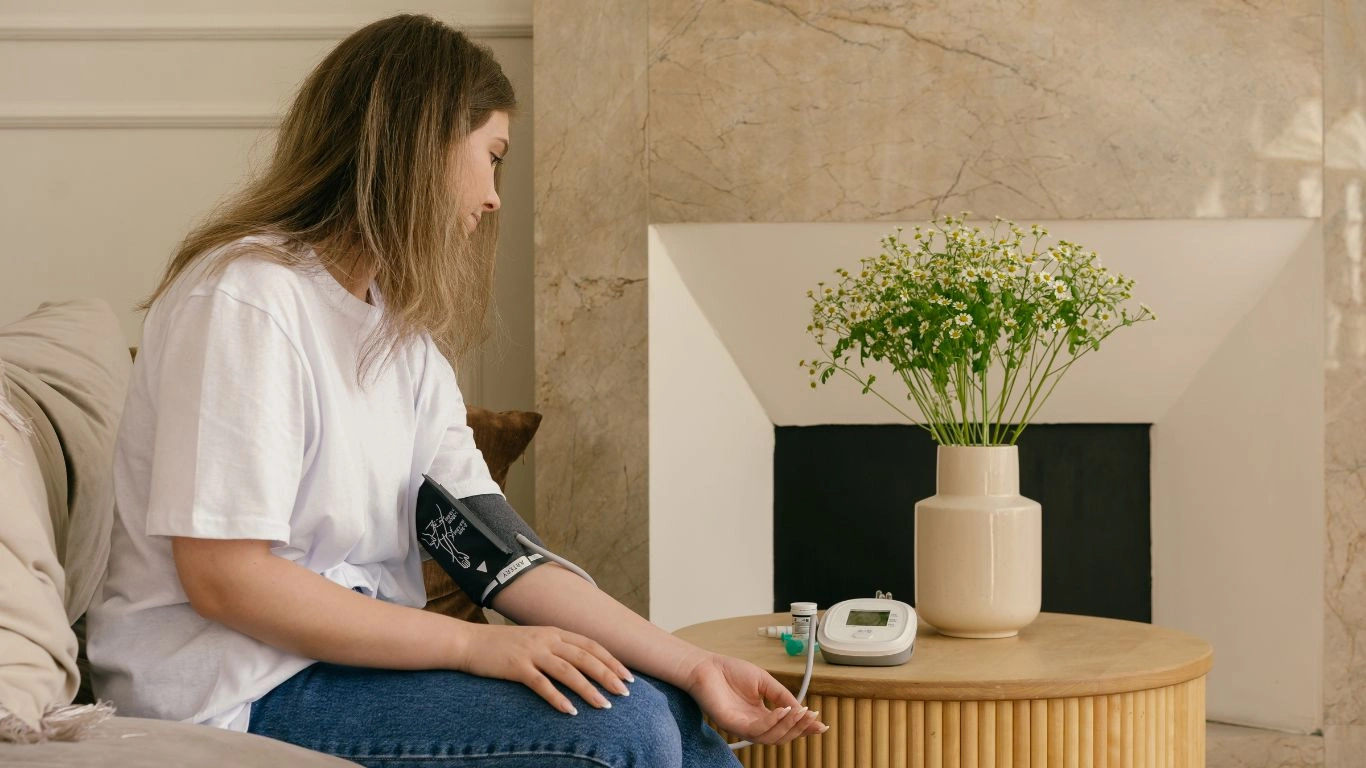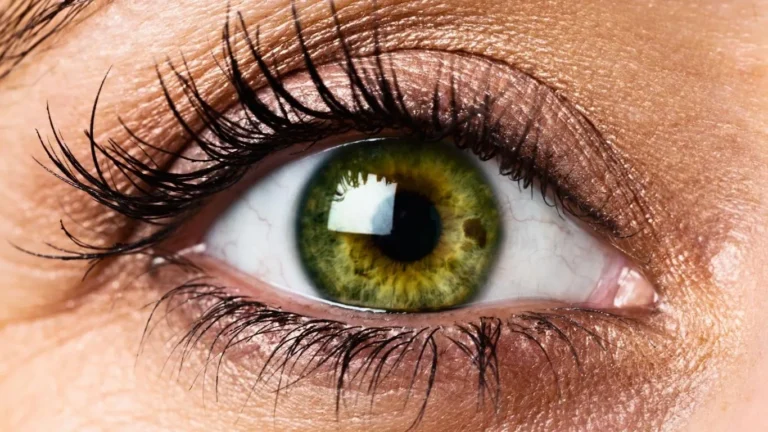The Connection Between Kidney Health and Hypertension: Protect Your Kidneys Now!
As a Hypertension expert, I’ve spent countless hours researching and treating high blood pressure, which is a serious health concern affecting millions worldwide. One aspect that often comes up during consultations is the connection between kidney health and hypertension. It might surprise many people that these two conditions are closely linked, with each influencing the other in a complex way. In fact, kidney function plays a huge role in regulating blood pressure, and issues with your kidneys can lead to or worsen hypertension. So, let’s take a deeper dive into how your kidneys and blood pressure are interconnected and why this connection should never be ignored.
The Role of the Kidneys in Blood Pressure Regulation
To understand the relationship between kidney health and hypertension, it’s essential to know what the kidneys actually do. The kidneys are responsible for filtering waste and excess fluids from the blood. They also help regulate electrolyte balance and produce hormones that affect blood pressure.
When kidneys aren’t functioning properly, they struggle to filter blood effectively. This can result in fluid buildup and imbalances in sodium and potassium, which can lead to increased blood pressure. In simpler terms, when your kidneys can’t do their job right, your blood pressure tends to rise as a consequence. If left unchecked, this cycle can escalate, contributing to the development of chronic hypertension.
Renin-Angiotensin-Aldosterone System (RAAS) and Hypertension
One of the key players in the kidney-blood pressure connection is the Renin-Angiotensin-Aldosterone System (RAAS). This system is a hormone cascade that regulates blood pressure and fluid balance in the body. When the kidneys detect low blood flow or low sodium levels, they release renin, an enzyme that triggers a series of reactions leading to the production of angiotensin II, a potent vasoconstrictor (it narrows blood vessels). The result? An increase in blood pressure.
If your kidneys are damaged, they may produce too much renin, which in turn increases the levels of angiotensin II and aldosterone (a hormone that raises blood pressure by increasing sodium and water retention). This process contributes significantly to the development of hypertension, especially in conditions like chronic kidney disease (CKD). It’s a vicious cycle—kidney damage raises blood pressure, and high blood pressure accelerates further kidney damage.
How Kidney Disease Can Worsen Hypertension
Chronic kidney disease (CKD) is a condition where the kidneys gradually lose their function over time. One of the most common causes of CKD is hypertension itself. High blood pressure can damage the tiny blood vessels in the kidneys, leading to reduced kidney function. Once kidney function is compromised, it becomes harder for the body to control blood pressure, which in turn causes the pressure to rise even more.
But it doesn’t stop there. Damaged kidneys can’t filter out excess fluid as effectively, leading to fluid retention. This excess fluid in the blood vessels contributes to higher blood pressure, creating a dangerous loop. It’s not just the kidneys that suffer; the cardiovascular system also bears the brunt of this cycle, increasing the risk of heart disease, stroke, and other complications.
The Silent Damage: Why Early Detection is Crucial
One of the challenges of both hypertension and kidney disease is that they often don’t show obvious symptoms, especially in the early stages. This makes it easy to overlook the problem until significant damage has already occurred. In fact, many people with hypertension don’t realize they have kidney problems until their kidneys have suffered considerable harm.
As a Hypertension expert, I always emphasize the importance of regular checkups and monitoring for patients with a history of high blood pressure. Kidney function tests, such as measuring serum creatinine and checking urine protein levels, can help detect early signs of kidney damage. The sooner kidney issues are identified, the better the chances of preventing or delaying further complications.

Hypertension and the Progression of Kidney Disease
Now, let’s talk about how uncontrolled hypertension accelerates kidney disease. High blood pressure causes increased pressure on the blood vessels throughout the body, including those in the kidneys. Over time, this pressure can damage the small blood vessels in the kidneys, causing them to become stiff, narrow, or even scarred.
As kidney function declines, the kidneys become less effective at filtering waste products from the blood. This leads to a buildup of toxins and waste, which can be harmful to the body. Additionally, kidney disease makes it harder for the kidneys to regulate blood pressure, exacerbating the problem and leading to further hypertension.
The Role of Proteinuria in Kidney Disease and Hypertension
One of the key markers of kidney disease is the presence of protein in the urine, a condition called proteinuria. Proteinuria is a sign that the kidneys are not filtering properly, allowing protein molecules that should remain in the blood to leak into the urine. When this happens, it’s a clear indication that the kidneys are being damaged, often as a result of hypertension.
Proteinuria is also a significant risk factor for the progression of kidney disease. The more protein present in the urine, the more likely it is that the kidneys will continue to deteriorate. Addressing proteinuria early by controlling blood pressure and managing kidney health can help slow or even stop the progression of kidney disease.
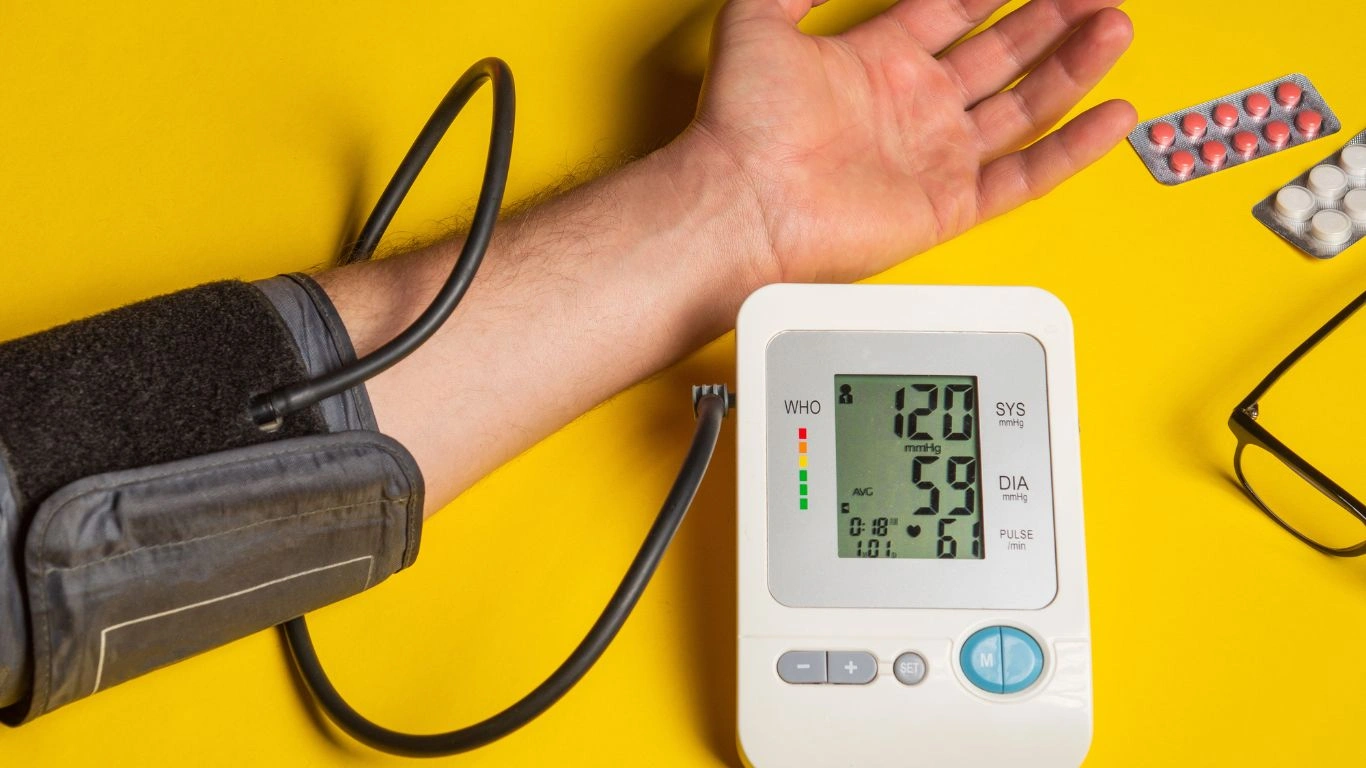
Preventing Kidney Damage from Hypertension
So, what can you do to protect your kidneys if you’re dealing with hypertension? Well, the good news is that with proper treatment and lifestyle changes, it’s possible to manage both blood pressure and kidney health effectively.
The first step is to get your blood pressure under control. This typically involves lifestyle changes such as reducing salt intake, maintaining a healthy weight, exercising regularly, and managing stress. If necessary, medications like ACE inhibitors, angiotensin receptor blockers (ARBs), and diuretics can help lower blood pressure and protect kidney function.
Another essential step is monitoring your kidney health. Regular blood tests and urine tests can help detect early signs of kidney damage, even before symptoms show up. The earlier kidney problems are detected, the more options you’ll have to protect your kidneys and prevent further damage.

Understanding the Impact of Lifestyle Choices on Hypertension and Kidney Health
As a Hypertension expert, one of the things I emphasize most to my patients is the immense role lifestyle choices play in managing both blood pressure and kidney health. While medications are essential for some, your daily habits can make a huge difference in how well your kidneys and heart function over the long term. Even small changes in what you eat, how much you move, and how you manage stress can have a profound impact on both hypertension and kidney disease.
Diet and Kidney Health
Your diet is a powerful tool when it comes to managing hypertension and protecting your kidneys. I always tell my patients, “You are what you eat,” and when it comes to blood pressure and kidney health, this couldn’t be more true. High-sodium foods, processed snacks, and sugary drinks are among the worst offenders for raising blood pressure and putting extra strain on your kidneys.
Reducing sodium intake is one of the most important dietary changes you can make. When you consume too much salt, it leads to water retention, which increases blood volume and, as a result, raises blood pressure. Over time, high blood pressure damages the blood vessels in the kidneys, reducing their ability to filter waste effectively.
So, what should you be eating? A diet rich in fruits, vegetables, lean proteins, and whole grains is ideal for both kidney health and blood pressure management. The DASH diet (Dietary Approaches to Stop Hypertension) is often recommended for patients with high blood pressure. This eating plan emphasizes foods that are high in potassium, magnesium, and calcium while limiting sodium. By making smarter food choices, you can help keep both your blood pressure and your kidneys in check.
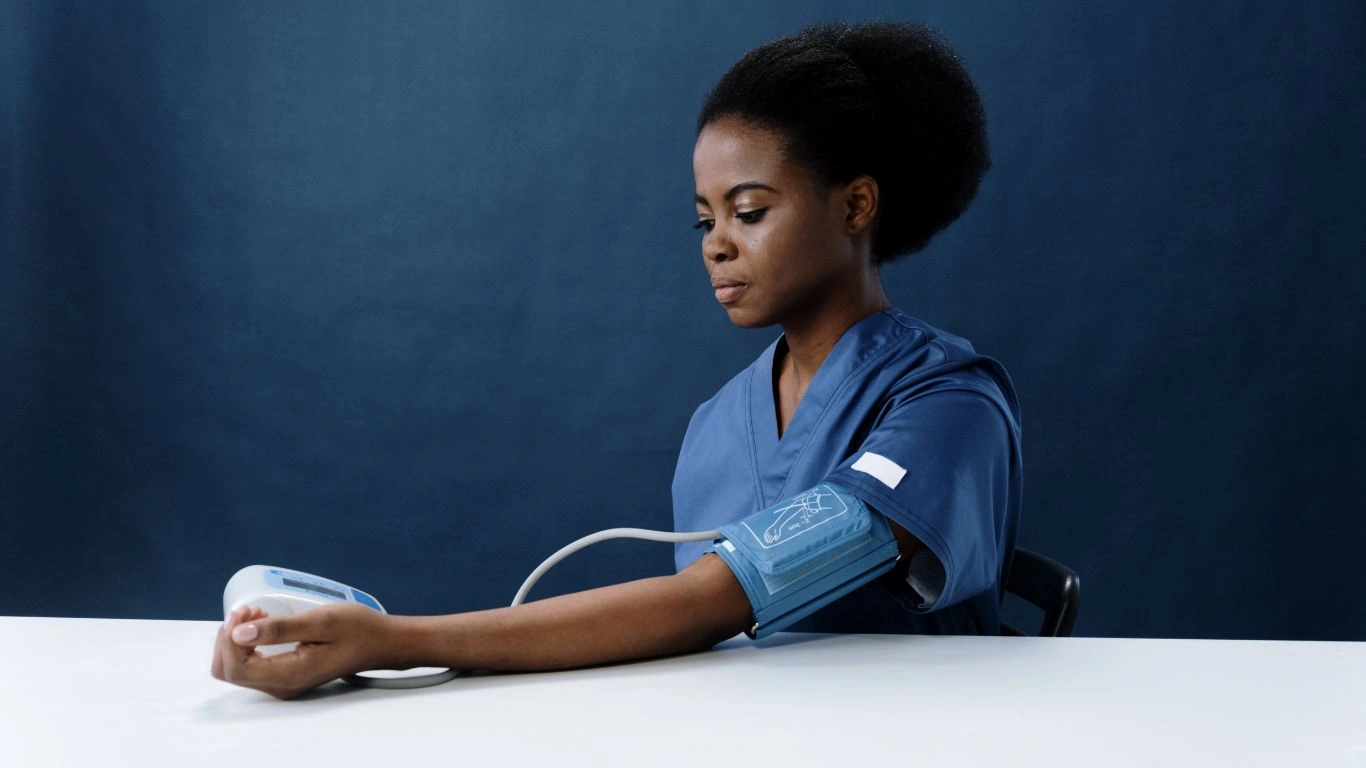
The Role of Exercise in Controlling Hypertension and Kidney Health
Regular physical activity is another cornerstone of managing both hypertension and kidney health. If you have high blood pressure, exercise can help lower it by improving your heart health and helping your blood vessels become more flexible. Even if you have kidney disease, regular exercise can help reduce the strain on your kidneys and improve their function by lowering blood pressure.
I often recommend at least 30 minutes of moderate-intensity exercise, such as brisk walking, swimming, or cycling, on most days of the week. Not only does exercise help control blood pressure, but it also promotes weight loss, improves circulation, and reduces stress. All of these factors contribute to better kidney health, especially when combined with a kidney-friendly diet.
It’s important to note that if you have advanced kidney disease or other health issues, you should always consult with your doctor before starting a new exercise routine. They can help guide you on what’s safe and appropriate for your condition.
Managing Stress for Better Blood Pressure and Kidney Function
In today’s fast-paced world, stress is something almost everyone deals with on a daily basis. But what many people don’t realize is that stress can significantly affect both your blood pressure and kidney health. When you’re stressed, your body releases hormones like cortisol and adrenaline, which can cause your blood vessels to constrict, raising your blood pressure. Chronic stress can also contribute to unhealthy lifestyle habits, such as overeating or drinking too much alcohol, which can further damage your kidneys.
Managing stress is therefore crucial for maintaining a healthy blood pressure and protecting your kidneys. There are many ways to cope with stress, from practicing mindfulness and meditation to engaging in hobbies and spending time with loved ones. One of my favorite methods for managing stress is deep breathing exercises. Even just a few minutes a day of deep, focused breathing can help calm the mind and reduce your blood pressure.
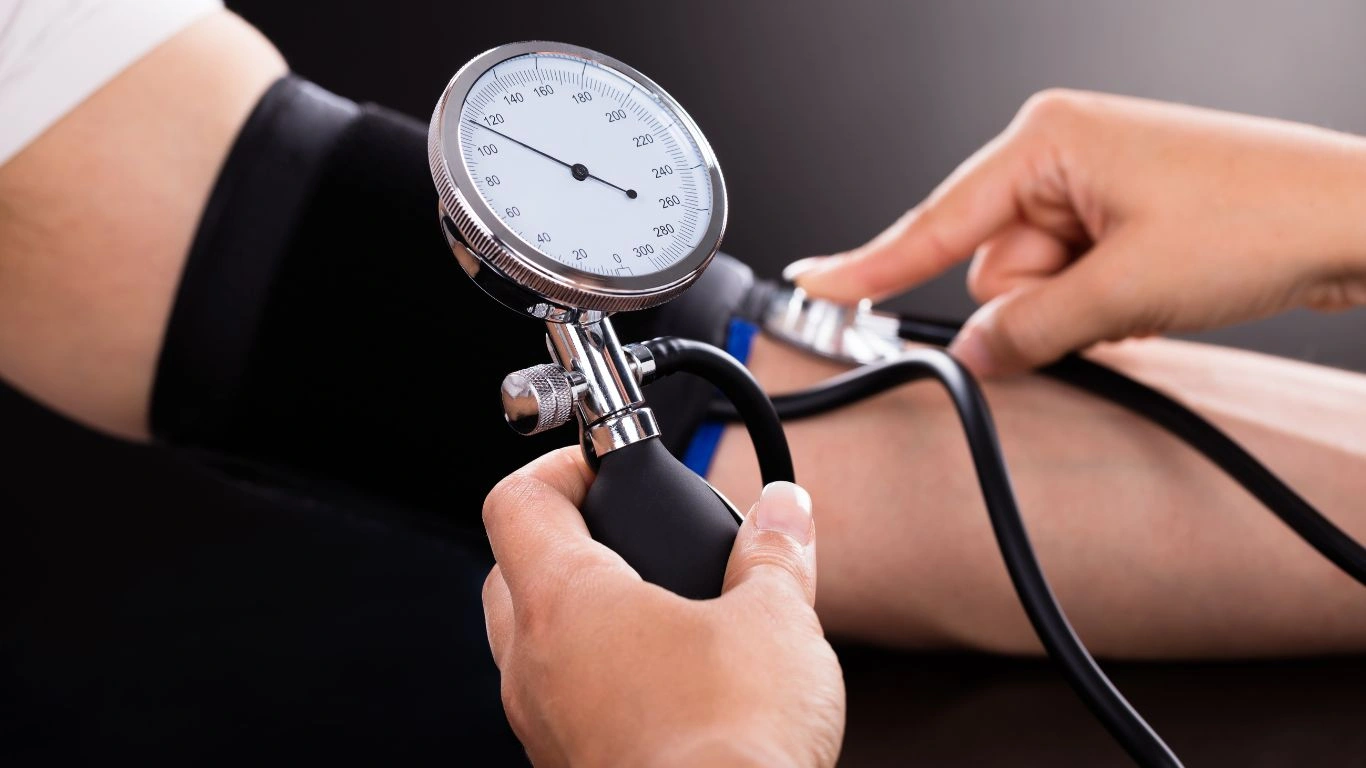
The Importance of Monitoring Your Blood Pressure and Kidney Health
Whether or not you’re already dealing with hypertension or kidney disease, monitoring your blood pressure and kidney function regularly is essential. It’s all too easy to think that if you feel fine, everything’s okay. But as I mentioned earlier, both hypertension and kidney disease can progress silently without noticeable symptoms.
If you have high blood pressure, it’s important to check it regularly, either at home with a blood pressure monitor or during doctor’s visits. If your numbers are consistently high, it’s a signal that something isn’t quite right, and further action is needed to protect your kidneys and overall health.
In addition to blood pressure monitoring, tests like the eGFR (estimated Glomerular Filtration Rate) and urine tests to check for protein can help assess kidney function. These tests can pick up signs of kidney problems long before symptoms like swelling or fatigue become noticeable. Early detection is key, as it opens up the window for better treatment and management of both blood pressure and kidney health.
Blood Pressure Medications and Kidney Protection
Sometimes, despite making lifestyle changes, blood pressure medications are necessary to help control hypertension. If you’re dealing with kidney disease as well, certain medications can not only help manage your blood pressure but also protect your kidneys from further damage. Medications like ACE inhibitors and ARBs (Angiotensin Receptor Blockers) are often prescribed for patients with both high blood pressure and kidney disease, as they can reduce the pressure within the kidneys’ tiny filtering units (glomeruli).
Other medications, such as diuretics, help the body eliminate excess fluid and sodium, which can also aid in controlling blood pressure and reducing the strain on the kidneys. Your healthcare provider can help determine the best course of action based on your specific condition.
While medications are important, they work best when combined with lifestyle changes. As someone who’s seen countless patients benefit from lifestyle modifications, I can’t stress enough how crucial it is to pair proper medical treatment with healthy habits to manage blood pressure and protect kidney function in the long run.
Understanding the Long-Term Effects of Uncontrolled Hypertension on Kidney Function
We’ve discussed the ways hypertension and kidney health are connected, and how managing both can improve your overall well-being. But let’s dive a little deeper into what happens when high blood pressure is left untreated over the long term, especially in terms of its effect on the kidneys.
If hypertension remains uncontrolled, it gradually damages the blood vessels in your kidneys, which are essential for filtering waste and balancing fluids in your body. Over time, the pressure from the blood flow forces the kidneys to work harder, potentially causing scarring or stiffening of the small blood vessels. As this damage accumulates, the kidneys lose their ability to filter effectively. This is known as chronic kidney disease (CKD), which is a serious condition and often results in kidney failure if not properly managed.
The Progression to Kidney Failure
What’s even more concerning is that, as the kidneys become less functional, the ability to regulate blood pressure diminishes. It’s a frustrating catch-22. When kidney function deteriorates, your blood pressure can increase, which leads to further damage to the kidneys, perpetuating the cycle. This is why managing blood pressure early and consistently is vital in preventing long-term kidney damage.
In severe cases, the kidneys may eventually stop working entirely, and dialysis or even a kidney transplant may be required. But here’s the important part: this is preventable with proper intervention and regular monitoring. With effective treatment and lifestyle changes, many people can avoid the progression to kidney failure and live a healthy life with controlled blood pressure and preserved kidney function.

The Link Between Hypertension, Kidney Disease, and Heart Health
One thing I want to highlight is how closely kidney disease and heart health are intertwined. As I mentioned before, high blood pressure puts a lot of strain on your kidneys, but did you know that it also places a significant burden on your heart? The heart and kidneys are in a constant, complex dialogue with one another, influencing each other’s function.
When blood pressure is high, the heart has to work harder to pump blood throughout the body. Over time, this extra workload can lead to heart damage, increasing the risk of conditions like heart failure or even a heart attack. Additionally, kidney disease is one of the leading causes of cardiovascular problems. The inflammation and fluid imbalance caused by kidney disease often contribute to higher blood pressure, further stressing both the heart and the kidneys.
That’s why it’s so important to approach both heart health and kidney health simultaneously. Patients with high blood pressure should be aware that they’re not just protecting their kidneys—they’re also protecting their hearts. Both organs need to work harmoniously to ensure overall health, so managing blood pressure benefits both systems.
The Role of Medications in Protecting Both the Heart and Kidneys
For those of us managing hypertension and kidney disease, medications often become a crucial part of the treatment plan. And it’s not just about lowering blood pressure—many medications prescribed for hypertension, like ACE inhibitors and ARBs, can also help protect the kidneys. These medications help relax blood vessels, reduce fluid retention, and, importantly, help prevent the kidneys from becoming further damaged by the stress of high blood pressure.
But these medications are most effective when combined with lifestyle changes. A well-rounded approach that includes medication, a healthy diet, regular exercise, and stress management is the key to keeping both your heart and kidneys healthy.

How Regular Checkups Can Save Your Kidneys
As a healthcare professional, one of the most important pieces of advice I give to my patients is to keep up with regular checkups. Whether you’re dealing with hypertension or not, consistent monitoring of both blood pressure and kidney function is a game-changer. The sooner you catch any issues, the better the chances of managing them effectively.
Blood tests like the eGFR (estimated Glomerular Filtration Rate) test, which assesses kidney function, and urine tests to check for protein are essential tools in identifying kidney problems early. These tests can uncover signs of kidney damage before it becomes symptomatic, allowing for timely interventions. If you’re already dealing with high blood pressure, these tests become even more critical in preventing kidney failure.
Regular visits to your doctor for blood pressure checks are equally important. High blood pressure often doesn’t present any symptoms until it’s progressed significantly, so getting it checked regularly—especially if you’re at risk—is a simple but effective way to stay ahead of potential kidney damage. With modern technology, monitoring your blood pressure at home is also a great tool to keep things under control.
What to Expect During a Kidney Health Checkup
When you visit your healthcare provider for a kidney health checkup, they’ll likely perform a few key tests. The first is often a urine test, which checks for excess protein. The presence of protein in the urine is an early indicator of kidney problems. Your doctor may also check your creatinine levels in the blood, which can signal how well your kidneys are functioning. Additionally, they may conduct an ultrasound to get a closer look at your kidney size and structure.
These checkups are crucial, especially for those who have a family history of hypertension or kidney disease. But even if you’re not at high risk, staying proactive in monitoring your kidney health and blood pressure is something I always recommend. Prevention is always better than treatment, and early detection can go a long way in preserving kidney function and overall health.
Disclaimer
The information provided in this article is for informational purposes only and should not be considered medical advice. Always consult with your healthcare provider for personalized treatment and recommendations related to hypertension, kidney disease, and overall health management.
For more information on hypertension and kidney health, feel free to check out trusted health resources and consult your doctor to create a plan that works best for you.

Dr. Gwenna Aazee is a board-certified Internal Medicine Physician with a special focus on hypertension management, chronic disease prevention, and patient education. With years of experience in both clinical practice and medical writing, she’s passionate about turning evidence-based medicine into accessible, actionable advice. Through her work at Healthusias.com, Dr. Aazee empowers readers to take charge of their health with confidence and clarity. Off the clock, she enjoys deep dives into nutrition research, long walks with her rescue pup, and simplifying medical jargon one article at a time.

